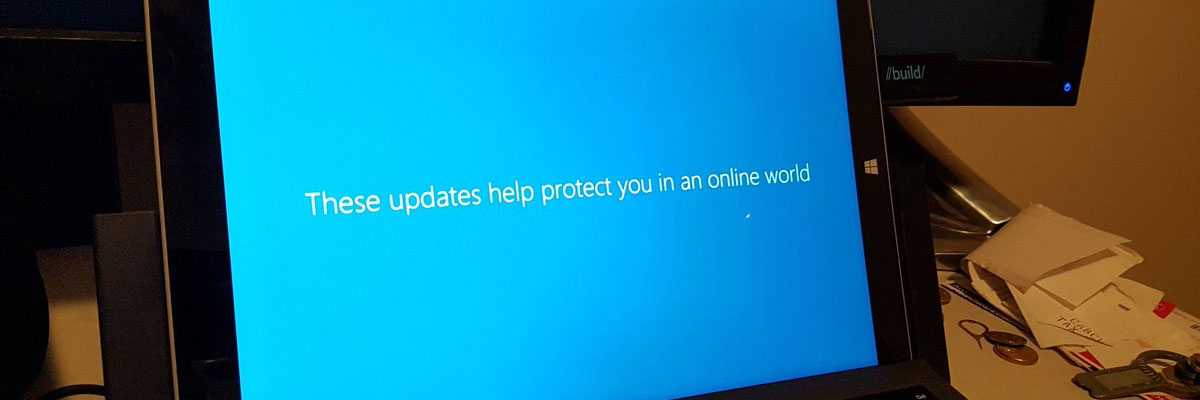Let’s analyze Quora’s most upvoted answer on the question: “To what extent is SEO a bullshit industry?”
NON-Bullshit practice of “SEO” is about;
- adding value to the web
- creating unique and engaging content
- improving traffic and conversions (not just rankings)
- understanding web-site technology (html/css, programming, .htaccess files, site architecture, internal linking structure, anchor text, how search engines crawl websites, page speed, etc etc etc)
- understanding the bigger picture – how web optimization fits into different business models, how it should integrate with other marketing channels
- understand how search engines judge backlinks (linking c-blocks, linking root domains, historical backlink acquisition, link velocity etc etc etc)
- understanding the concepts of other inbound marketing channels
- the art and science of keyword research – search volume, rankings, competitiveness, search intent
- an understanding of social media, how it improves not only rankings but trust and authority for a business and how its another effective inbound marketing channel
- use technical knowledge only to serve the greater good of valuable content
- testing, measuring and tracking everything
- being completely transparent with their clients about everything they do
- does not claim to know secrets about Google
- …and brings a measurable and substantial ROI for their clients over the long term
“Bullshit” practice of SEO is
- gaming the system to get good rankings for the short term
- spamming the web with links, duplicate articles/content, blog comments
- submitting to 300 directories and calling it “linkbuilding”
- buying links
- writing content only for the sake of “SEO” full of typos, useless information, and no value and calling it “copywriting”
- only measuring “rankings”
- will not disclose everything they do with clients
- trying to game the system in any way
- gets them hundreds of spammy, low quality backlinks, leaving the client screwed in the long term
- claims to know secrets about Google or can guarantees #1 rankings
- ….and then charging people for it, in effect ripping them off
The author’s last section on the “bullshit practice of SEO” can be condensed into one rule: if a search engine’s algorithm detects “cheating” (i.e. artificially inflated indicators of popularity) it will result in a worse search ranking.
The author’s first section on the “non-bullshit practice of SEO” can be condensed into two principles: (1) make a good product, (2) game the system, but within the rules.
“Adding value to the web” and “creating unique and engaging content” isn’t up to SEO specialists — it’s up to the developers. It points out the obvious: creating a good product makes it easier to get better search results.
A good product will fill in an untapped market and build momentum on key words and phrases before any future competition. Otherwise, you may need SEO specialists to come up with good clickbait titles and descriptions to make your product stand out.
This leads to the second principle: SEO is mainly gaming the system, but within the rules.
Every point the author made thereafter emphasizes — very vaguely — the indicators that search engine algorithms analyze. “Understanding how search engines crawl websites” is re-arranging your content so that search engine algorithms will associate your content with certain key words and phrases, albeit in a more stealthy, less spam-like fashion. It is a checklist of “allowed cheats”.
In ASO (App Store Optimization), one method of getting traction with certain key words is putting those words in your title and then at least a half-dozen times in your description. The algorithms are not smart enough to delve into the actual product and determine contextually whether those key words actually apply. It relies on popularity indicators to verify this for them. When users search for certain key words, download a product based on the search, and then retain and use the product for extended periods of time, it verifies the legitimacy of the key words used in the searches.
It’s really not that complicated. This author is marketing his SEO podcast and the need for SEO specialists. Everything in the author’s answer as to why SEO is “non-bullshit” is written with flowery and vague buzzwords to make it sound more complicated than it is, exaggerating the need for companies to hire SEO specialists.
As stated in the previous Truth about SEO article, a more accurate reason why SEO remains an industry is because the goalposts are always changing. It is too much additional work for developers to keep up with the current behavior of search algorithms and the latest checklist of “allowed cheats”. SEO specialists are paid critics and peer reviewers to make sure you have all the allowed search algorithm exploits turned on.
SEO is a very manipulative domain, but still a necessary evil. This article is not meant to delegitimize the industry, but to clarify that it is primarily based on “bullshitting” your way to the top, particularly with a product in a very competitive market.
* * *
Now for some SEO tactics!
If you like this content please bookmark, share and leave a comment.
Doing any of the above will likely strengthen search engine rankings (if you bookmark in Google Chrome, in particular).
Also, if you are interested in a home security system that costs less than a cup of coffee per month, take a look at Simple Home Monitor.





Well, I definitely think the SEO industry is BS insofar as a lot of these “SEO gurus” who will “rank you #1 in a week” are full of shit. There is surely plenty to know and apply as far as SEO is concerned, but there aren’t any super magic SEO secrets like these gurus and companies will try to tell you.
I guess maybe that’s a lie. There are “secrets” that work, until Google finds out about them, and then they don’t. And then your website is in the dumpster. But it was fun while it lasted.
But yeah, “real SEO” is all about optimizing the page itself so Google can figure out where it needs to be (which is hopefully at the top of your desired SERP!) and then making the content good enough so that people will want to link to it (ie. vote for it to rank more highly). The old shortcuts don’t work in 2017 the way they did in 2007.
I agree, Fred. Thanks for the comment.
I wasn’t trying to delegitimize the industry, but merely pointing out its susceptibility to attract slimy salesman tactics, clouding what SEO is actually about. It seems to me some SEO “specialists” are doing this purposefully to make it sound like a complicated science, promising that the more you pay them the better you’ll do.
SEO matters, but the product matters more. “Lipstick on a pig”, or some analogy like that.